College admissions are becoming more and more competitive every year. A great SAT score can give you a significant advantage in the college admissions process. If you’re struggling with your SAT math score, here you will know some hints on how to make it better.
SAT is a complicated test, and math is a big part of it. You might be feeling the pressure to do well in the math section, but don’t worry – there are some things you can do to improve your score.
SAT Math Test Overview
The Math Test on the SAT is divided into two sections: Calculator and No Calculator. You will have 25 minutes to complete each section.
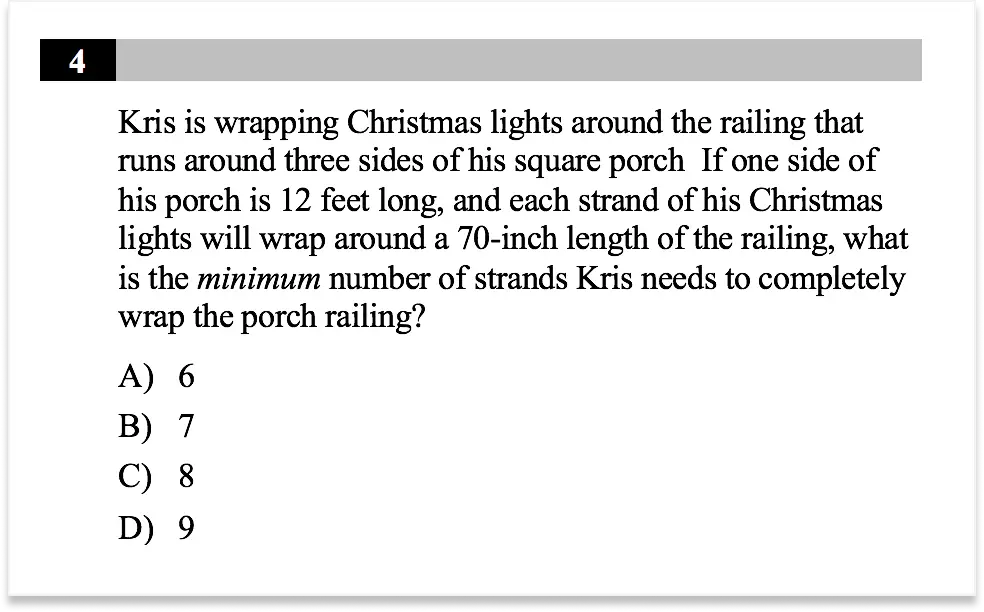
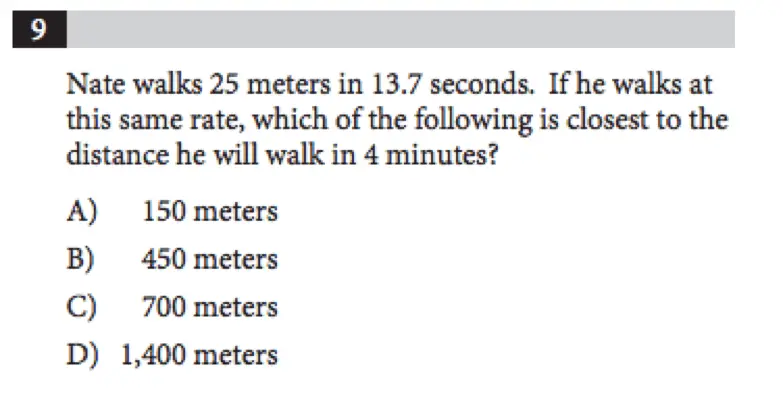
The No Calculator section will focus on your ability to fluently solve problems, using estimation, paper and pencil math skills, and a fundamental understanding of algebra and geometry. The Calculator section will focus on more difficult problems that require you to use the graphing capabilities of your calculator to solve. This section will also test your understanding of basic trigonometry.
The Math Test is designed to assess a student’s math knowledge and understanding, with an emphasis on the areas that are most important in college and career success:
- The algebra basics: focuses on becoming an expert in linear equations and systems.
- Problem-solving and data analysis: helps you become quantitatively literate.
- Advanced math: focuses on questions that require the ability to solve complex equations.
Overall, math is SAT’s second-biggest obstacle (after the essay). So we’ll focus on that today. There are a few sections within the Math Test- each with its own type of question and difficulty level. The SAT is made up of 10 sections, and math makes up 3 of those sections.
Breakdown of the Math Test
No Calculator
| Time allotted | 25 minutes |
|---|---|
| Total questions | 20 |
| Multiple-choice questions | 15 |
| Grid-in questions | 5 |
Calculator
| Time allotted | 55 minutes |
|---|---|
| Total questions | 38 |
| Multiple-choice questions | 30 |
| Grid-in questions | 8 |
In total, there would be 58 questions in different formats. That is why some people might say that math is the hardest section on the SAT.
Topics to Know
When preparing for the math test, it is essential to have a clear understanding of the format of the test and what types of questions will be asked. In addition, you should focus on mastering the content areas that are tested most frequently on the SAT.
Here we will tell you only SOME topics you should know when preparing for the math test, to get a perfect score.
The first topic you should focus on is arithmetic. Arithmetic questions make up about 15% of the math section on the SAT, so it’s important to be comfortable with basic operations like addition, subtraction, multiplication, and division. You should also know how to work with fractions, decimals, and percentages.
Next, you should move on to algebra. Algebra questions make up about 30% of the math section on the SAT, so it’s definitely worth your while to brush up on your skills in this area. Be sure to review basic concepts like solving equations and graphing linear equations. If you’re rusty on these topics, there are plenty of resources available to help you review, including online tutorials and SAT prep books.
The last topic we’ll mention here is geometry. Geometry questions make up about 20% of the math section on the SAT, so it’s important to be familiar with basic geometric concepts. You should know how to identify and work with different types of shapes, as well as how to calculate perimeter, area, and volume. Again, there are plenty of resources available to help you review if you need a refresher.
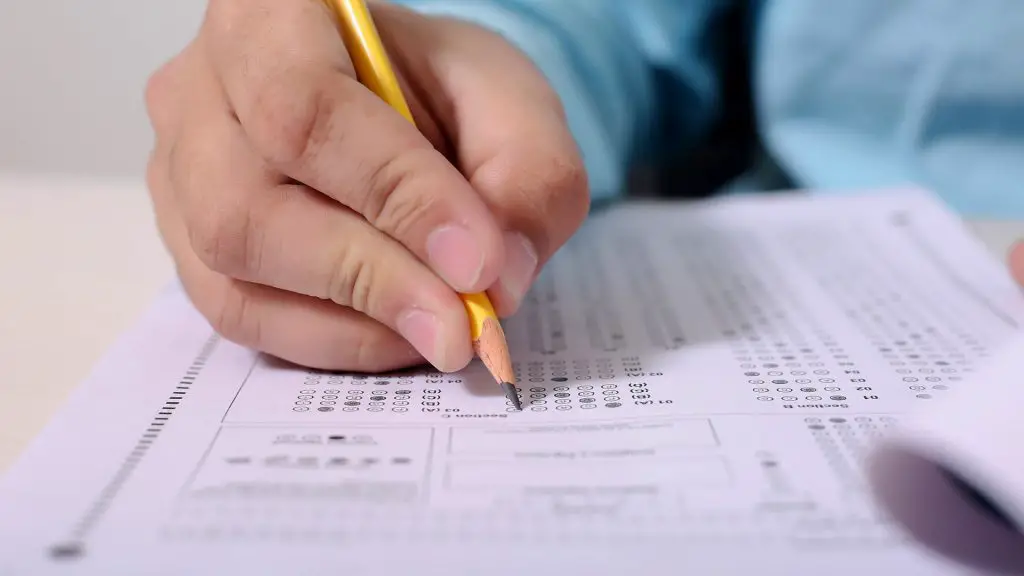
In general, students have to pay attention to such errands and calculations:
- Transform a word problem into an equation, expression, or inequality.
- A linear equation is an equation that results in a straight line when graphed. Inequalities are conditions where two values are not equal.
- Solve a system of two-variable linear equations or inequalities.
- Realize the distinction between linear and exponential growth.
- Determine the likelihood of something happening, given past data.
- Calculate the mean, median, mode, and range of data, and realize how they affect the shape, center, and spread of data.
- Solve a right triangle by means of the Pythagorean theorem or trigonometric ratios (sine, cosine, tangent).
- Trigonometry is the study of triangles and their properties.
- Determine the missing values in a circle (arc lengths, angle measures, and sector areas).
What are the SAT Math Scores?
The Math section tests your knowledge of mathematical concepts and skills related to algebra, geometry, and data analysis. There are two types of questions in the Math section: multiple-choice and grid-in. The multiple-choice questions have four answer choices, and you must select the correct answer. The grid-in questions do not have answer choices; instead, you must solve the problem and enter your answer in a grid.
The total score on the SAT is determined by your two section scores: Math and Evidence-Based Reading and Writing (EBRW). Each of the sections has a scale ranging from 200 to 800 in 10-point increments. A score of 600 or above would be considered excellent in Math or EBRW.
To do this, you need to understand the format of the SAT Math section and know how to use some key strategies. In this article, we’ll go over everything you need to know about the SAT Math section so that you can get that perfect score. And as well as you already know the structure of SAT Math questions, let`s talk about the key strategies.
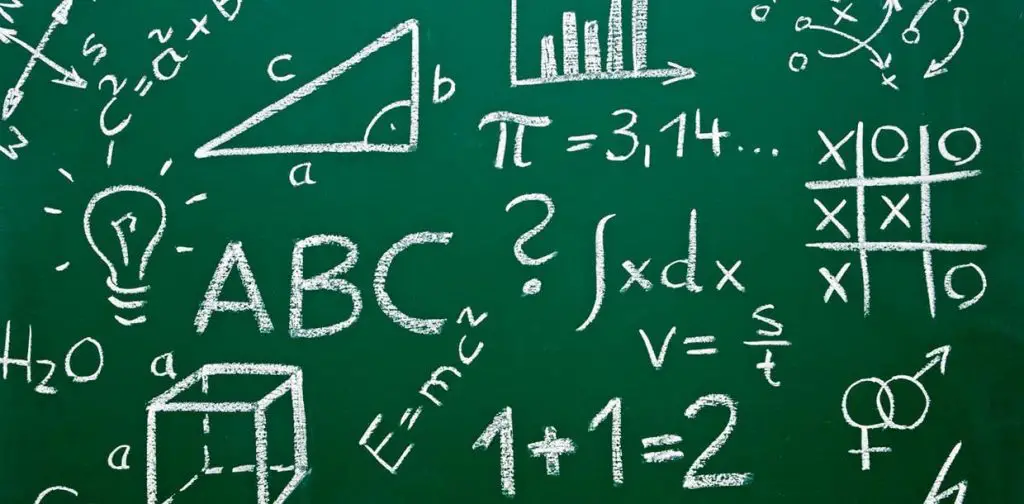
What is the minimum SAT score for Harvard?
Last year the Math score of 740-800 range students get admission to Harvard. So, you should aim for a score in this range to be on the safe side. Harvard standards are very competitive, so a score of 740 or above will put you in a good position for admission.
The middle 50% of students admitted to Harvard received a composite SAT score between 1460 and 1580, including math scores in the range of 640-800. So, if you’re aiming for a top score, you’ll need to get a perfect 800 on Math.
How to Improve SAT Math Scores?
The first thing students have to understand is that the answer is always in the question. The test writers are not trying to trick you; they want you to be able to find the answer using the information and clues they have provided.
The second key strategy is to work backward. This means starting with the answer choices and using them to eliminate incorrect answers and narrow down your options.
The third key strategy is to read the question carefully and identify what it’s asking for. This might seem like a no-brainer, but it’s important to make sure you understand exactly what the question is asking before you start solving it.
And lastly, practice, practice, practice! The more you do SAT Math questions, the better you’ll get at identifying the information you need and using the key strategies to find the correct answer. There are a ton of resources out there to help you practice, so take advantage of them!
With these key strategies in mind, let’s take a look at some specific tips for each Math question type.

Besides, there are a lot of courses which will help you to improve your math skills. For example, Khan Academy and IXL both offer comprehensive coverage of math concepts and skills. And if you want some extra help, you can always hire a tutor. YouTube videos may also be very informative and helpful to you.
How can you be more focused?
Sometimes our results depend on how much attention we pay to the question because sometimes our mind is somewhere else. If you are having trouble focusing, here are some tips:
- Take a break before the test to clear your head and relax
- Eat healthy foods and exercise regularly so that your body is in top form on test day
- Get a good night’s sleep before the test
- Set aside sometime each day to practice SAT Math questions so that you’re familiar with the format and comfortable with the material.
During the test, you have limited timing, so if you want to be more focused on the questions, you should first understand what type of question it is and use the corresponding strategy. For example, you may want to spend more time on multiple choice questions since there are more answer choices and it may take longer to eliminate the incorrect answers.
Another tactic is to skip the questions that you find most difficult and come back to them later. This way, you can focus your attention on the questions that you have a better chance of getting correct.
How much can you realistically raise your SAT score?
The average rise in scores on the SAT is about 60 to 70 points, according to test publishers. With a little additional study before the next test date, some pupils may improve by 150 to 300 points. A study done by the College Board showed that students who took an SAT prep course raised their scores an average of 140 points.
As you can see, with some extra effort, it is possible to raise your score significantly. And remember, even a small increase in your score can make a big difference when it comes to college admissions!
What should you do if SAT math scores are low?
If you failed to hit your target score on the SAT Math section, don’t despair! There are a few things you can do to improve your score.
First, take a practice test to see where you need to focus your studies. Then, review the concepts and skills that you struggled with on the practice test. Be sure to brush up on any areas where you feel weak. It might also be helpful to hire a tutor or take an SAT prep course.
And lastly, remember, that hard work always repays your efforts! The more questions you do, the better you’ll get at identifying the information you need and using the key strategies to find the correct answer. With extra effort, you can raise your score and get into the college of your dreams!
Can I retake SAT exam?
Sometimes, students may feel the need to retake the SAT exam if they did not get their desired score. However, before you decide to retake the test, be sure to check with your colleges of interest to see if they accept multiple scores. Some colleges will only consider your highest score, while others will take an average of all your scores.
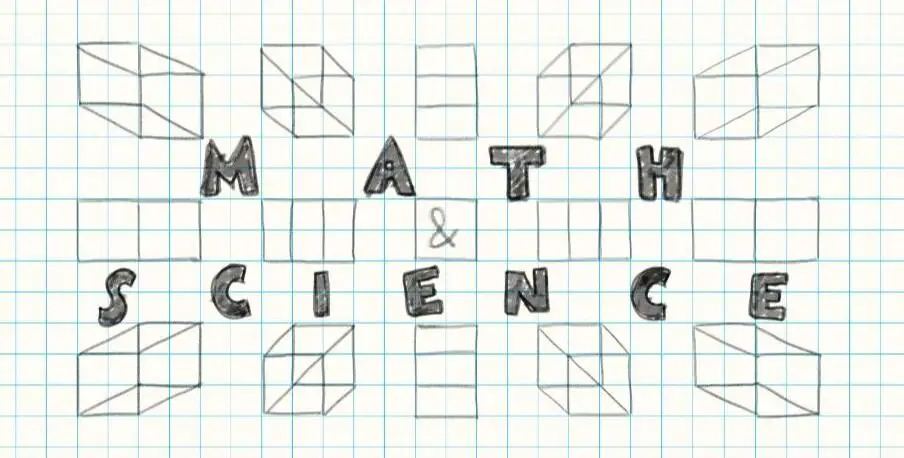
If you do decide to retake the test, you should know that the next year’s SAT math test is usually the same as the current year’s. So, if you didn’t do well on this year’s exam, don’t worry! You can use the same study materials and review the same concepts to prepare for next year’s test.
And remember, even if your score isn’t where you want it to be, there are still plenty of colleges that will accept you! So don’t give up on your dreams just yet. With some hard work and dedication, students can achieve anything they set their minds to and enter the college they wanted.
